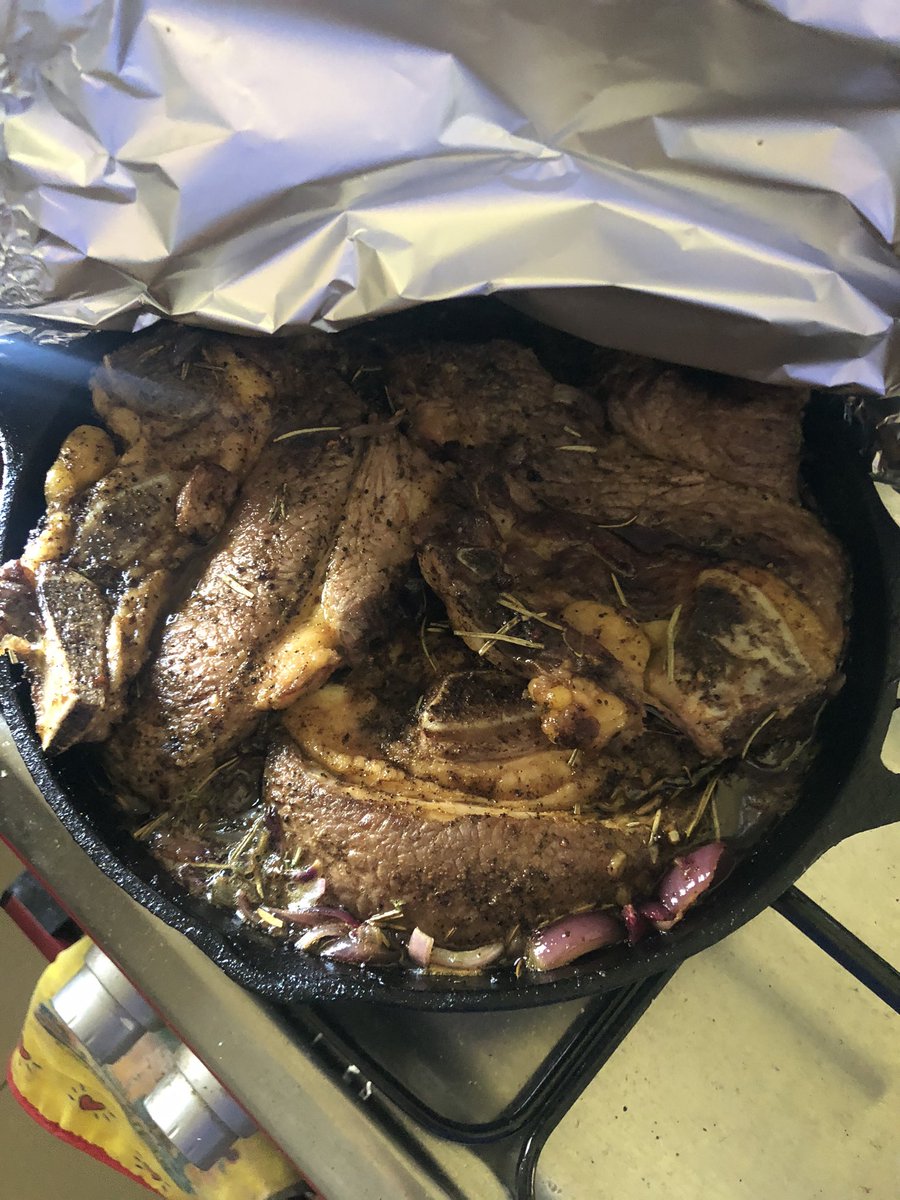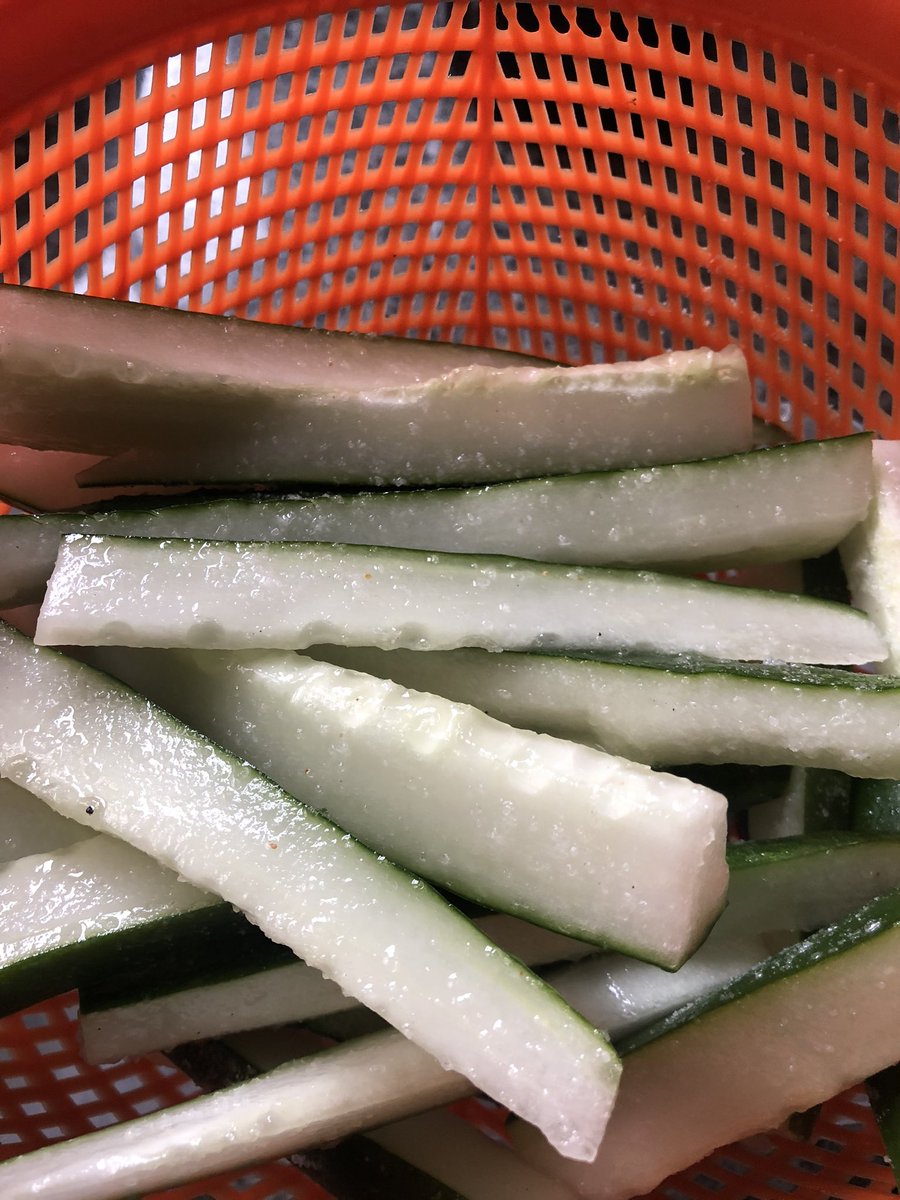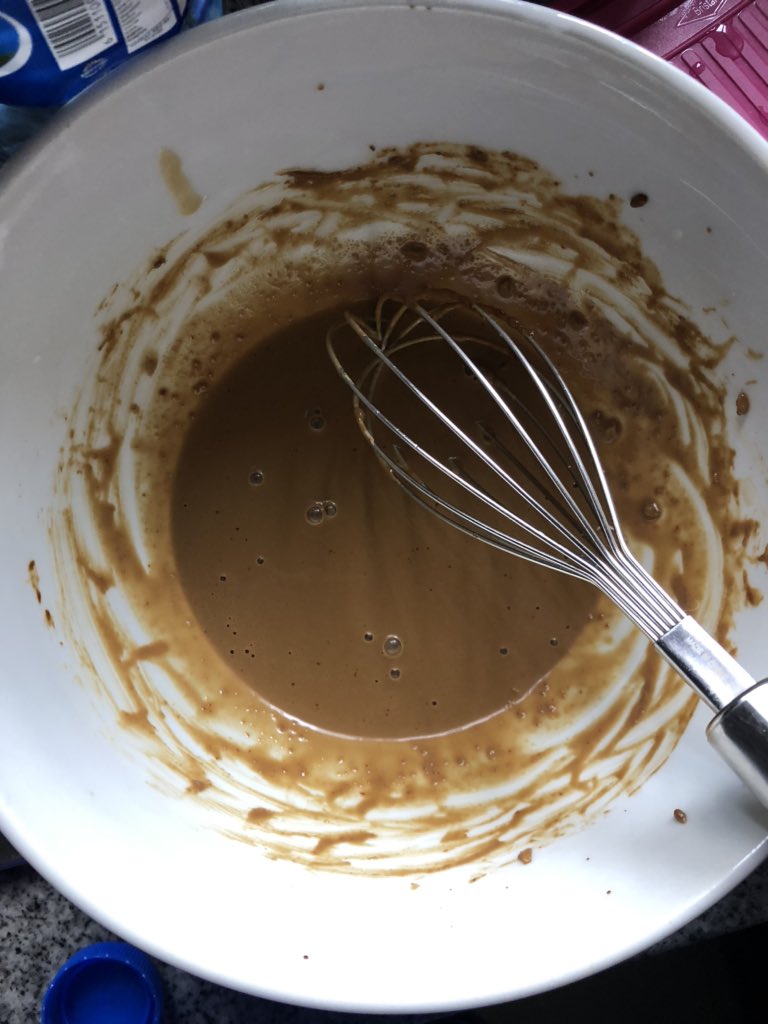
Alright, quick thread.
https://twitter.com/saratu/status/1334997405499088901
So I spent the morning yesterday visiting project sites in village communities outside of Yola where there are informal banking clusters. These clusters have been in operation at least 3 years, at most 5. This particular 3yr one has 25 women in it. Ave. loan repayment? 100%. 


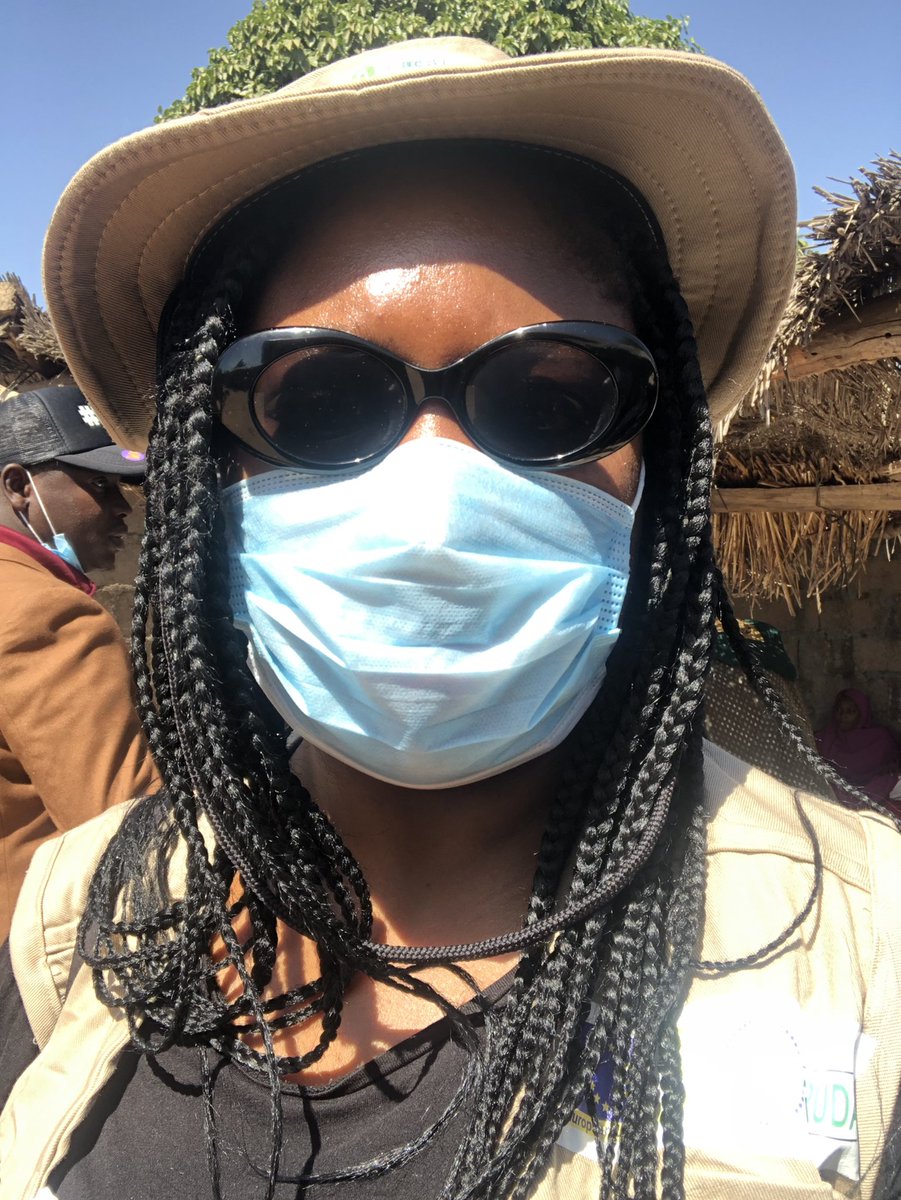
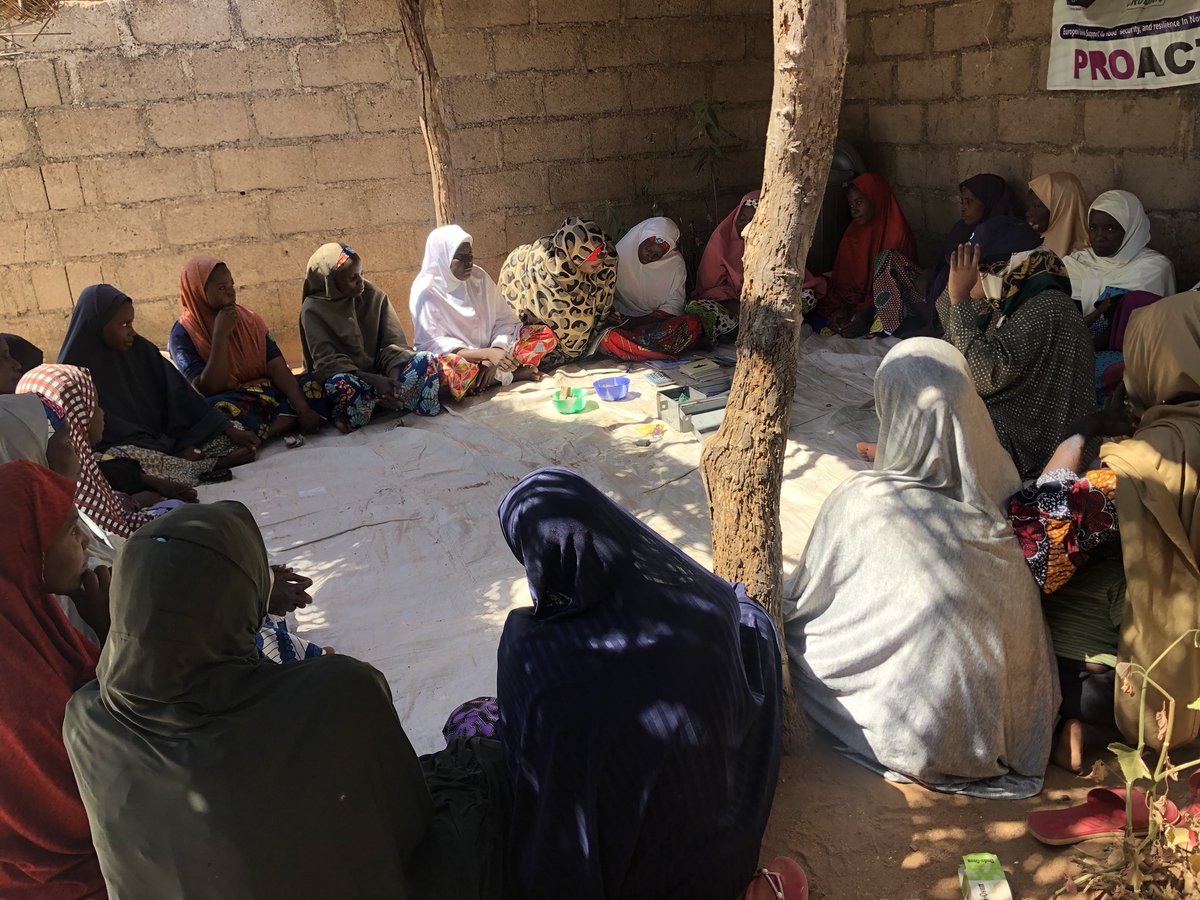
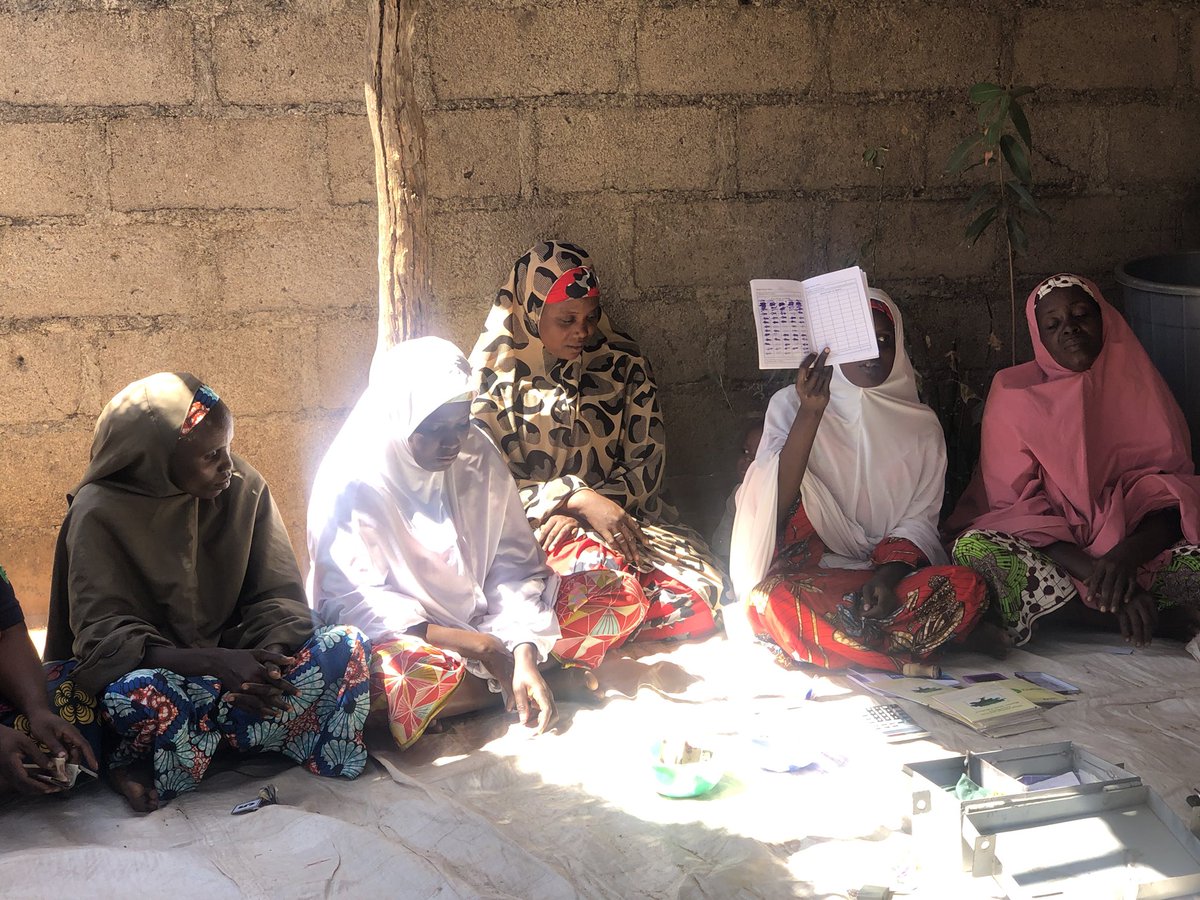
This is the first session for the new cycle. You buy “shares” worth 200 Naira each, and the amount of shares determine how much you can borrow. Highest amount borrowed this year, 63k. Lowest, 16k. Loans used for stuff like buying engines for Agro processing or school fees.
I asked the lady who leads this savings cluster what she’d do if anyone defaults on a loan. She laughs & says it’s impossible. There’s fines & penalties, but they’ve never had to use them. as their lives are so linked, nobody wants to be the one defaulting on everyone else’s $
This for me tells us the importance of being able to create networks of trust. In this case, it has unlocked access to finance in a way that formal banking systems won’t do for this population. It has also allowed for other means of adding value, like access to pricing info
There’s also access to other social goods. For ex, these women are able to also lobby for and access family planning to convince unwilling traditional leaders or unconvinced husbands.
This all made me think of a few questions that I struggle with.
This all made me think of a few questions that I struggle with.
1. It’s easier (not easy o, easier!) to create trust networks across poorer populations than higher income ones, but these poorer folks are easily bought and therefore cannot influence political outcomes. How do we then create trust networks among higher income pops?
This is why #EndSars really blew my mind tbh. The networks of trust built while in motion enabled the movement. Leaderless movements require ridiculous levels of trust in far more people than those with leaders. But... can that particular approach scale to other issues?
2. These Trust networks... I won’t say they break down when you widen the constituency beyond their immediate community, but they definitely become harder to maintain. For one thing, leadership squabbles come up and issues w/access to tech and literacy come up.
For context, in the above example, 3/25 women can read and write, and keep records. Easier to trust 3 people you know than 30. I’ve seen these issues overcome in Uganda, but they’re delicate. However being able to nurture these networks to growth is 🔑
All politics is local, but so is everything else. But our ability to think beyond our immediate locality to form coalitions is what I think of as our enduring challenge today. As we learned with #EndSARS , we are at our most powerful when we are nothing like our govt.
• • •
Missing some Tweet in this thread? You can try to
force a refresh






